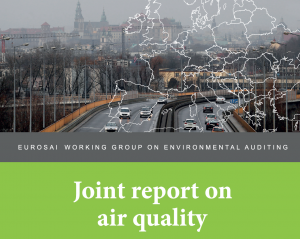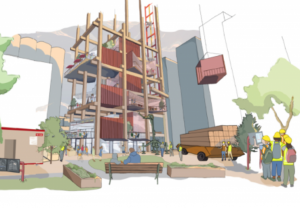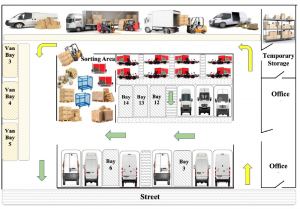Monthly archives: January, 2019
UPS joins reusable consumer packaging solution Loop
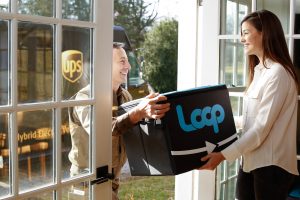
UPS has joined the coalition of the world’s largest consumer product companies and international recycling company TerraCycle to unveil an innovative reusable and returnable system for managing consumer product packaging. The system, called Loop, will be tested in Paris and New York as a first step toward full implementation in consumer markets.
Electric vehicles in the last mile: a sustainability assessment of postal deliveries in Brazil
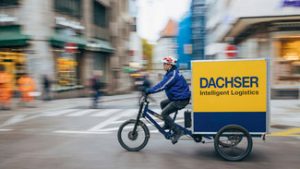
The rise of e-commerce activities increases the complexity of the last-mile of parcel deliveries and its impacts on the environment and quality of life. A new paper proposes a method to assess alternative strategies for the last-mile of parcel deliveries, in terms of social, environmental, and economic impacts and presents for a postal company Rio de …
Research: understanding logistics sprawl
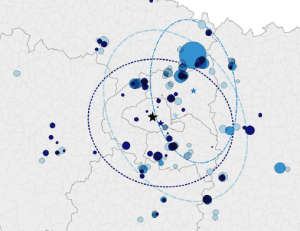
In the last few years, the issue of the location of logistics activities emerged in the literature, in Europe, and in the US, especially from the perspective of logistics spatial dynamics as logistics sprawl. These issues of spatial dynamics question urban policies because they underline the lack of interest in freight in the planning process.
LeasePlan reveals most EV-ready markets
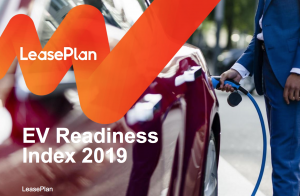
Driving an electric vehicle is now a viable option in an increasing number of European countries but some markets are decidedly more prepared than others. Research carried out by LeasePlan for its EV Readiness Index 2019 looked at the maturity of the EV market (also including plug-in hybrids), the maturity of EV infrastructure, government incentives …
Why is city logistics always missing in ‘artist impressions’ made by project developers?
Capgemini: food last-mile delivery options not sustainable for retailers
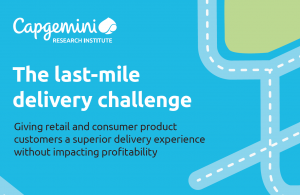
A study by Capgemini’s in-house digital think tank has revealed that 97% of retailers believe that existing methods of last-mile delivery options are not sustainable. Companies in the food and grocery segment have to catch up with consumer demand for better and faster last-mile delivery services while at the same time mitigating associated profitability risks.
Meal delivery drivers: many accidents in the Netherlands
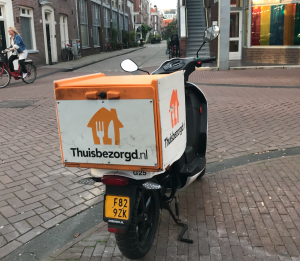
In the evenings between 6 and 9 pm, hundreds of meal attendants make residential areas unsafe on their scooters and bicycles. Home meal delivery drivers on scooters drive more dangerous than other scooter riders. Data from Dutch Veilig Verkeer Netherlands (VVN) show that they are even six times more likely to be involved in road accidents.

